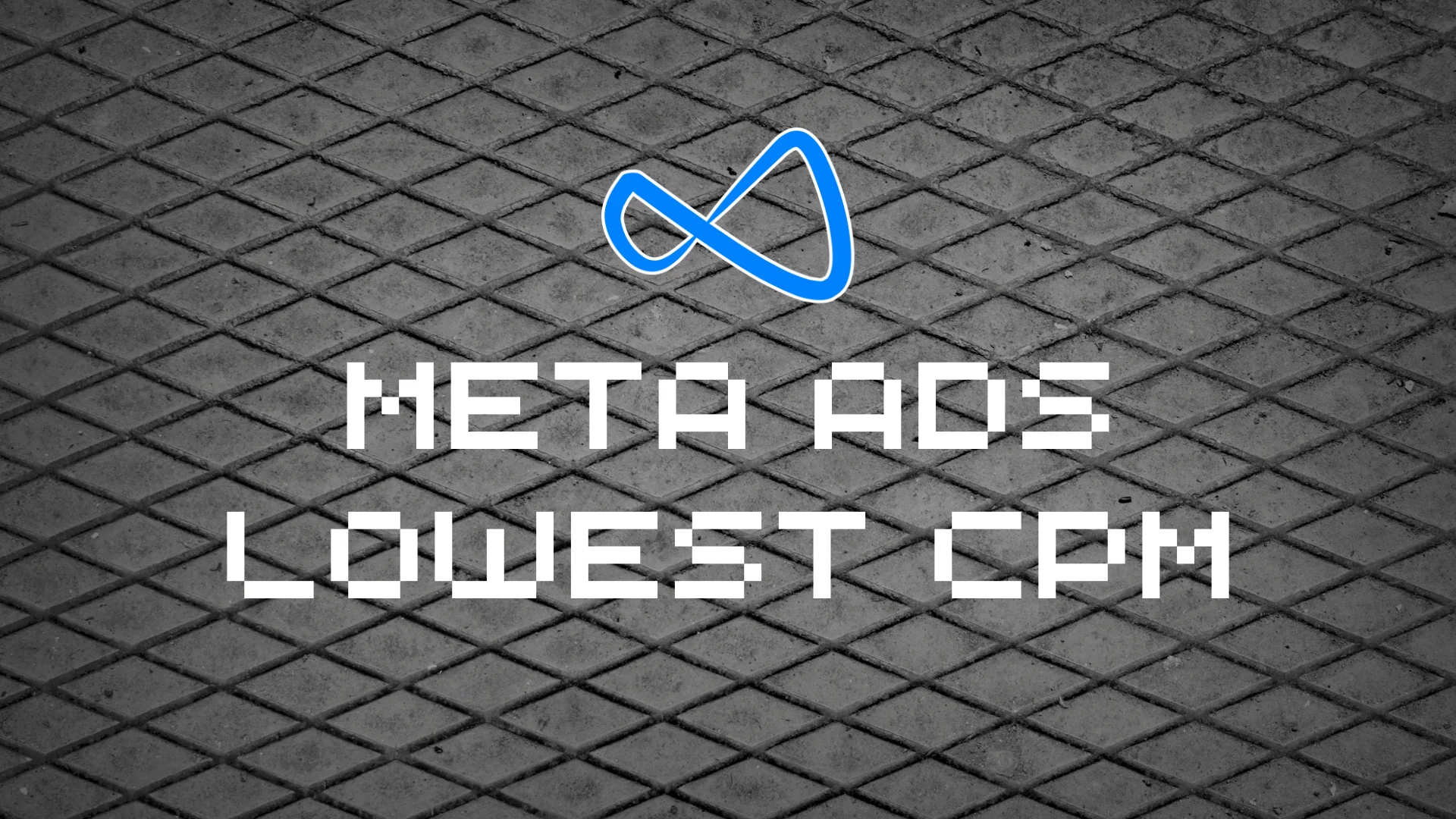In 2023, B2B inbound marketing is more crucial than ever, with a significant increase in inbound leads and web-based conversions. The majority of marketers are aware of the effectiveness of inbound marketing, as evidenced by their plans to increase investment in SEO and short-form videos. However, the growing popularity of inbound marketing has made it more competitive, and B2B brands face significant challenges. These challenges include the economic downturn and the pressure to prove ROI quickly. B2B inbound marketers are feeling the crunch due to the tough market conditions and limited spending. To overcome this challenge, it is essential to redefine the ROI of inbound marketing and use brand performance metrics to demonstrate its impact on long-term success. Another challenge is the fierce competition in the market, with many brands implementing SEO and content marketing strategies. To stand out, it is crucial to create highly-targeted, intent-based content that aligns with the audience’s needs and preferences. By focusing on intent-based SEO and using long-tail keywords, B2B brands can differentiate themselves from the competition and provide valuable content to their audience. Additionally, B2B audiences are challenging to understand, and marketers often lack the necessary data to anticipate their needs. To address this challenge, influencer marketing can be effective in engaging with the community and providing content that resonates with the audience. B2B decision-makers want inbound marketing that challenges their assumptions, provides deep industry insights, and features trusted individuals or organizations. By collaborating with influencers, B2B brands can demonstrate their understanding of the audience’s needs and establish credibility within the community. Overall, B2B brands need to adapt to the changing landscape of inbound marketing by redefining ROI, creating targeted content, and engaging with the audience through influencer marketing.
Source link
























